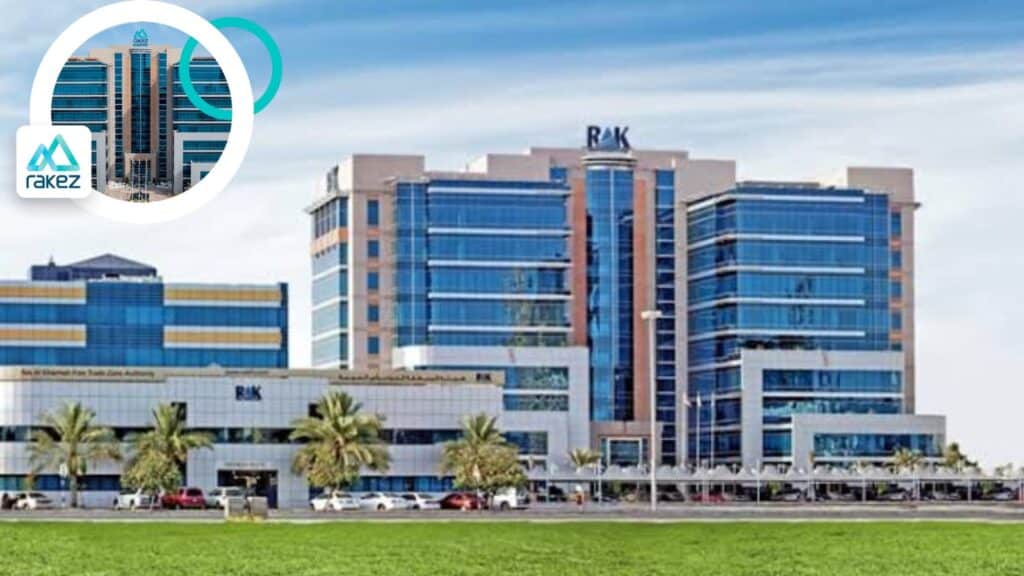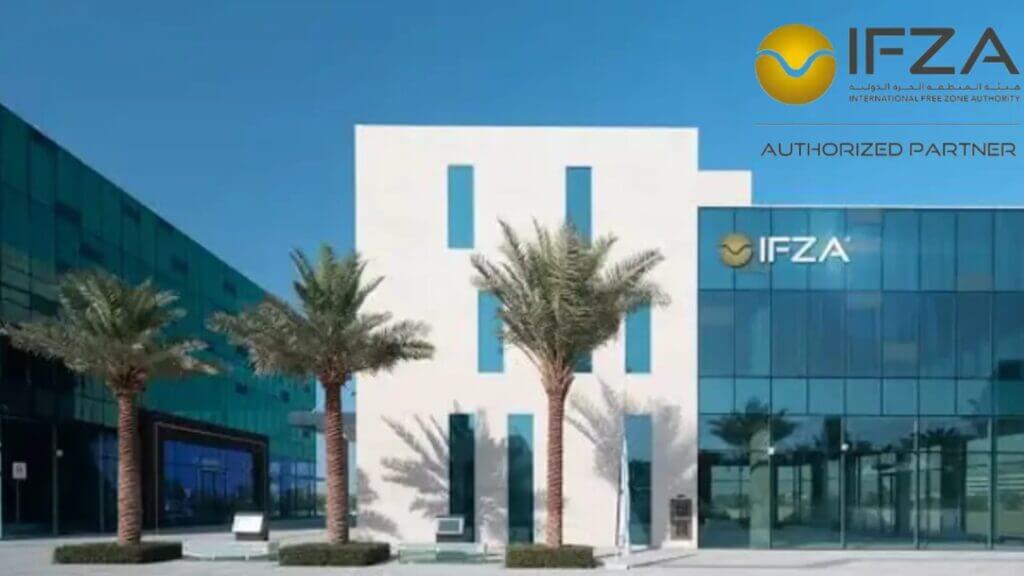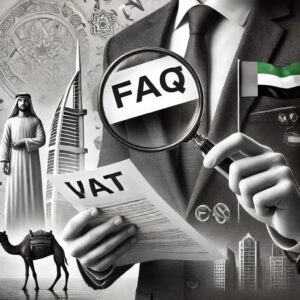One of the unequivocal truths about taxation is – neither anyone likes to have it nor everybody wants to pay it! When such is the case, a Value Added Tax sounds like an oxymoron. No wonder the history of VAT began during the First World War. although German industrialist Wilhelm von Siemens proposed the concept in 1918 and it was initially directed at large businesses, France tested it for the first time in its former colony of Ivory Coast. With the experiment being successful, France largely implemented it in 1954. As of 2018, 174 out of 193 countries with a full UN membership employ a VAT except for the exception of the USA where most of the states use sales tax.
Gulf Cooperation Council (GCC) Felt the Necessity:
An increased urbanization in the region and changed demographics necessitated the oil-rich gulf nations to reconsider their no-tax policies and impose various globally-followed taxation systems in order to fund various infrastructures which can’t be funded by the state alone with petroleum reserves. The major economies that implemented the VAT were the Kingdom of Saudi Arabia and the United Arab Emirates – starting from the 1st of January 2018. The Kingdom of Saudi Arabia increased its VAT from a mere 5% to 15% starting from the 1st of July 2020 thanks to the COVID pandemic and a decrease in oil prices.
What It Means for the Businesses in UAE?
Based on the decision of the GCC Supreme Council in December 2015, and bearing in mind the GCC States’ consistency in VAT imposition, the decision was made to build a single legislative framework for the implementation of a general tax on consumption known as VAT in the GCC. Whereas the Framework Agreement includes the majority of the components of VAT law to be implemented in GCC nations, the final law to be implemented will be created and accepted by the respective countries themselves. As the United Arab Emirates brought its own VAT into place, it significantly changed the business operations in the country. Let’s have a deeper understanding of its implications and how BCL can come absolutely handy in helping the entities to navigate through the rule books.
Now, What Is a Value Added Tax?
To put it in the own words of UAE’s Ministry of Finance, “VAT is charged at each step of the “supply chain”. The ultimate consumers generally bear the VAT cost while businesses collect and account for the tax, in a way acting as a tax collectors on behalf of the government. A business pays the government the tax that it collects from the customers while it may also receive a refund from the government on tax that it has paid to its suppliers. The net result is that tax receipts to the government reflect the ‘value add’ throughout the supply chain.” In effect, businesses in the UAE may need to make modifications to their fundamental operations, financial management and bookkeeping, technology, and maybe even human resources to properly comply with UAE VAT regulations.
How To Do It?
First, by registering for it. An individual a legal person or a type of entity that conducts the business is expected to register for the VAT taxation. There are largely two types of registrations – one being mandatory and the second being voluntary depending upon the revenue generated by the businesses.
– The registration is mandatory if a company’s total taxable sales and imports inside the UAE surpass the necessary registration level of AED 375,000 in the preceding 12 months or during the next 30 days, it must register for VAT.
The registration is voluntary, provided:
– In the previous year, the company’s taxable supply and imports totaled more than AED 187,500.
– The company’s taxable supply and imports are likely to exceed AED 187,500 in the following 30 days.
– Startups and small enterprises can voluntarily register if their costs surpass the voluntary registration level, making them eligible for tax credits.
- While the VAT rates are largely 5% on most of the goods and services there are an array of items for which the VAT is charged at nil. To give some examples – Various educational and medical items, products and services exported from the Gulf Cooperation Council, Transportation on a global scale, some investment-grade precious metals (for example, 99% pure gold and silver), newly built residential houses sold within three years of completion to cite some. There is also a non-exhaustive list of items that are exempted from the VAT such as residential properties, public transport, undeveloped land, life insurance and certain financial services. One has to be mindful while registering and filing the VAT as there are certain things that are partially considered under VAT.
Returns Filing, Bookkeeping and Refunding:
Apart from the clauses like ‘VAT-registered enterprises must preserve the required bookkeeping records for at least 5 years after the transaction date’ there are multiple key documents that are to be properly maintained, for instance, invoices, debit notes and credit notes, etc., It is to be observed that there exist numerous inviolable pointers that are to be complied by the businesses such as failing to file the VAT return may result in a penalty ranging from AED 1000 for the first time to AED 2000 for repeated noncompliance within 24 months. On top of that, the repeated delays in submitting proper documentation might attract – a 2% unpaid tax immediately; a 4% is due on the seventh day following the deadline for payment; a 1% daily penalty will be charged on any amount that is still unpaid one calendar month after the deadline for payment, up to a maximum of 300%.
Well, we know it’s too much information to process and follow. That is exactly why you just need to consult BCL where we impeccably advise you on how to examine and enhance tax controls, examine the tax implications of your company transactions, VAT Disclosure on one’s own initiative, VAT health check-ups, training on VAT laws, keeping the VAT-compliant documentation in an organized manner, and VAT liability reconciliation etc.,
It is indeed overwhelming for businesses to navigate through the intricacies of taxation, that too, when the laws are new and amendments are fresh, entities feel sabotaged under the rule books. Worry not. We, BCL assist you in creating flawless refund applications that meet all FTA requirements, submitting the applications on time, and verifying the accuracy of all essential supporting documentation. This allows for speedier refund cycles while also eliminating rejections.








 UAE
UAE UAE
UAE INDIA
INDIA UK
UK

